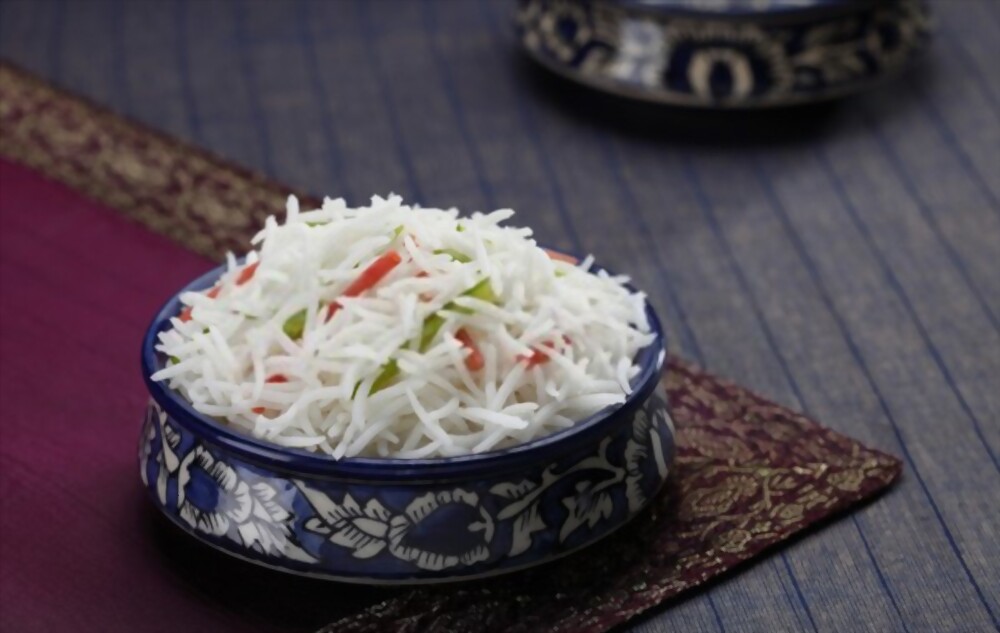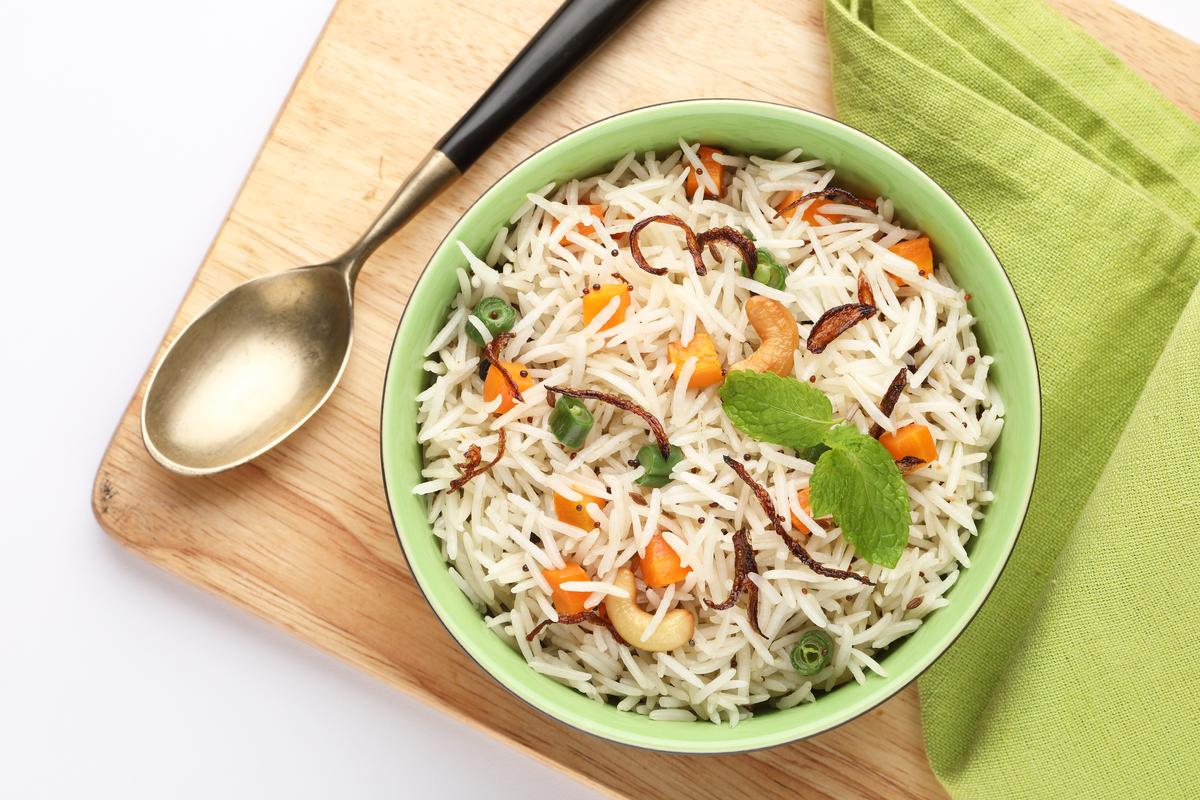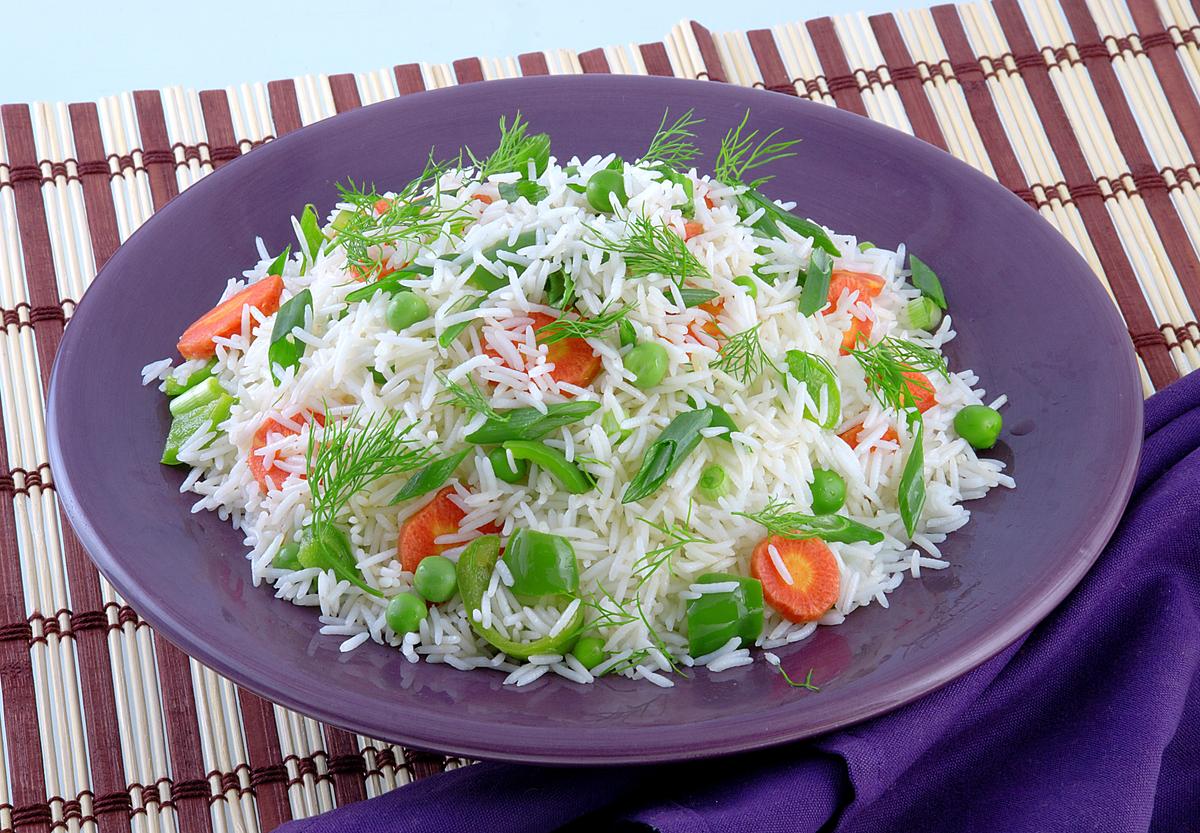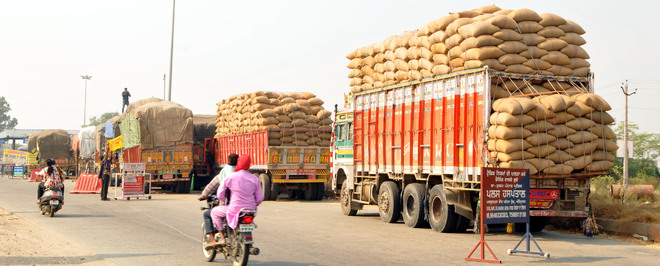The move comes a month after the government had imposed a ban on the export of widely consumed non-basmati white rice.
The curbs, say experts, is driven by the fears of El Nino, as reduced rainfall activity may strain the supplies of the staple grain in the domestic market.
All these moves are meant to slow down shipments and allay any fear of short supply in the domestic market, although there has been only a marginal increase in retail prices of rice in the past one year.
As per the notification issued by the finance ministry, the export duty on parboiled rice will be in force till October 15. Sources said the mid-October deadline has been kept considering that the government will have a fair idea about expected rice production by that time. The first estimate of kharif crops is likely to be out in the third week of September.
The steps with regard to onion and rice have been announced weeks after PM Narendra Modi, during his Independence Day address, spoke about the government taking more measures “to minimise the burden of price rise” on people.
While the finance ministry notification says the fresh export duty on parboiled rice comes into force with immediate effect, exporters who have contracted before the notification was issued are allowed to export their consignments at zero duty until October 15.
Sources said the MEP on basmati rice would also be reviewed in the first week of October.
Any decision on rolling back the prohibition can only be considered after the sowing season for Kharif crops ends, enabling the government to assess the yield for the current year, the official said. He added that a decision to lift the ban would be based on the performance of the monsoon crops.
Behind New Delhi’s stance of keeping the ban on some rice exports until November at the least is not only to keep a check on domestic prices but also to ensure sufficient availability of the grain, the official added. As of August 7, retail prices of rice had risen 10.63 percent on year, whereas in the wholesale market, they had registered a spike of 11.12 percent in the comparative period.
Apart from the prohibition on certain rice exports from July 20, the Indian government has also been selling rice under the Open Market Sale Scheme (OMSS) to bring down prices of essential commodities. It has lowered the reserve price of the grain to get a better response in the auctions.
















